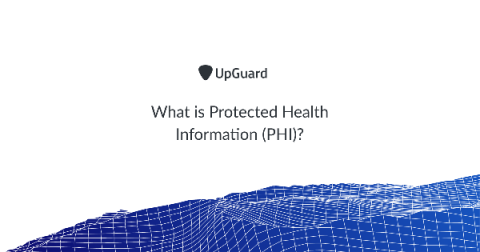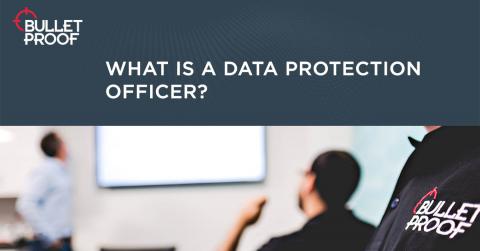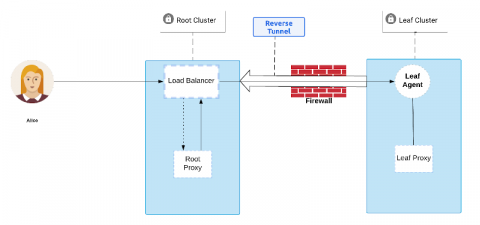BlueKeep: What you Need to Know
BlueKeep is the name that has been given to a security vulnerability that was discovered earlier this year in some versions of Microsoft Windows’ implementation of the Remote Desktop Protocol (RDP). The vulnerability was described as “wormable” by Microsoft, and users were warned that BlueKeep might be exploited in a similar fashion to how the WannaCry ransomware used the Eternal Blue vulnerability to spread widely in 2017.









